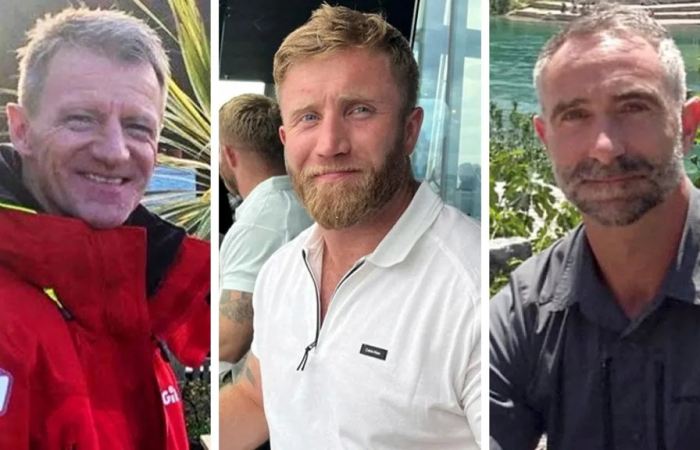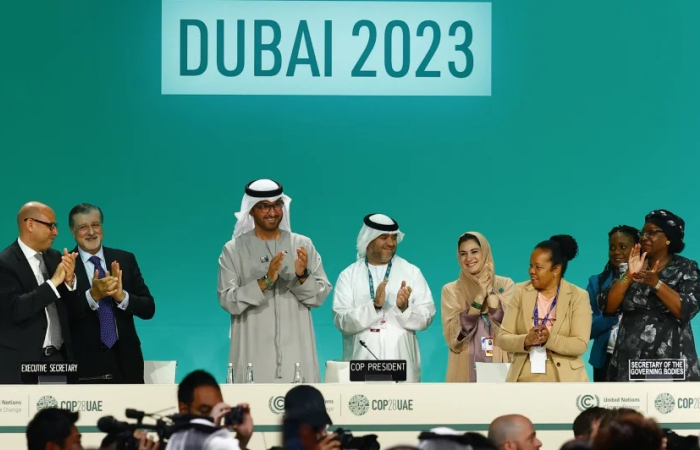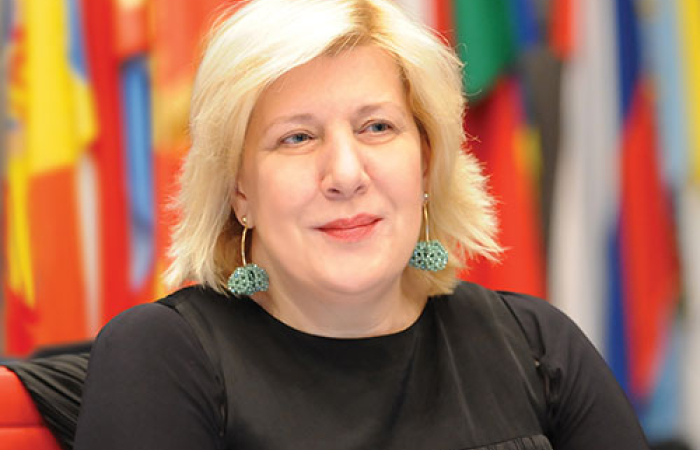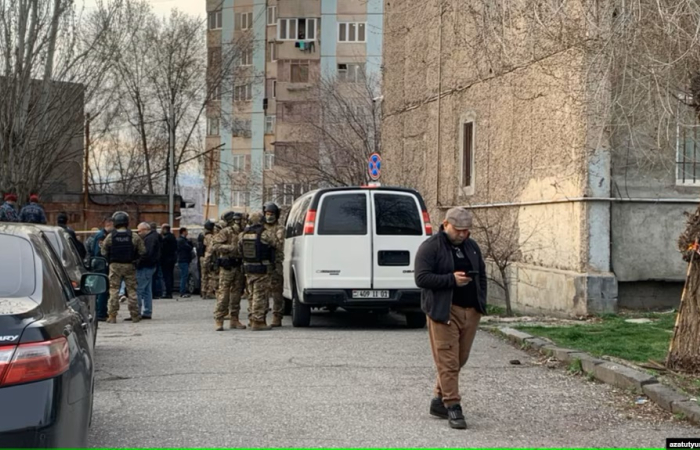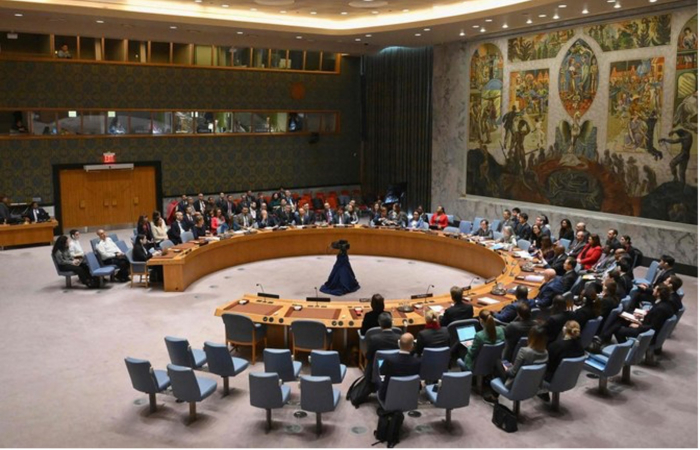Trending
Killed whilst trying to help the people of Gaza avoid starvation
3 April 2024
There has been widespread international condemnation after an Israeli attack killed seven humanitarian workers in Gaza.
Three British citizens, John Chapman, 57, James Henderson, 33, and James Kirby, 47, were among the seven World Central Kitchen (WCK) workers killed in Monday's strike. As well as the three Britons, Australian national Lalzawmi Frankcom, Polish national Damian Sobol, Palestinian Saifeddin Issam Ayad Abutahas and US-Canadian citizen Jacob Flickinger, were also killed.
Humanitarian aid to Gaza has been plunged into doubt after WCK, a key provider of aid to the Strip, suspended its operations in the region.
Prime Minister Rishi Sunak said the deaths "appalled" him. Israel said the strike was "unintended".
The British nationals, all part of WCK's security team, were travelling with a convoy that had just unloaded more than 100 tonnes of much-needed food aid brought from overseas, according to the charity.
All three vehicles in the convoy were hit by an Israeli air strike while leaving a warehouse in Deir al-Balah, south of Gaza City. US President Joe Biden said he was "outraged and heartbroken" by the WCK workers' deaths.
He said Israel had "not done enough to protect civilians" in an emphatic shift from his previous call that Israel "must do more" to protect the lives of aid workers in Gaza.



